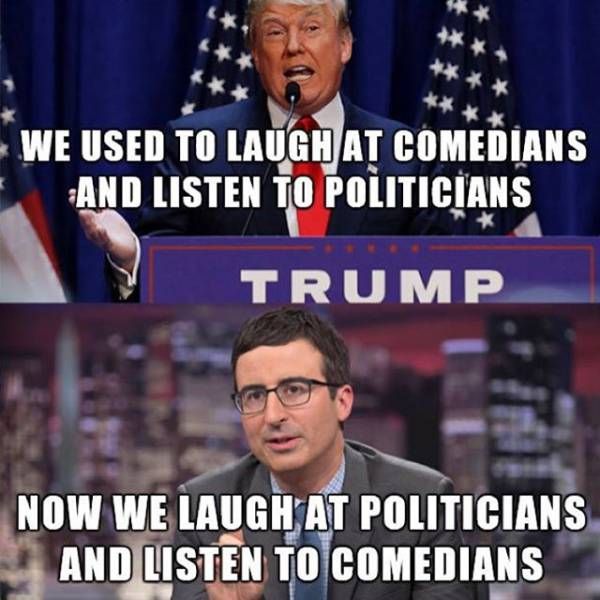sundin13 said:
I feel like we've discussed in this thread how bad metaphors make for bad arguments countless times, but lets look at this metaphor.
If you are insinuation that this is a bad analogy (I wasn't being poetic and using a metaphor), you would have been better off arguing it was an oversimplification, and in many way it is.
Here is where you start to make a real mess of things:
It doesn't really make sense to suggest that you are sending the employee to the bank to make a deposit, but instead it would be a withdrawal. The government is sending you money, you aren't sending money to the government in this scenario. As such, lets say that your employer went to the bank and made that withdrawal. When they got back, some of the money is missing.
Where does the government get money? Answer taxes. Who pays taxes? I do. 1) So here I made myself the employer. So the first part of the analogy stands. 2) I've entrusted the "government" with money (i.e. my taxes) to make a deposit (i.e. dispense aid.) Remember I'm the employer not the employee. Can you follow that?
This leads to part two of what seems weird to me. You don't just fire the employee on the spot if they tell you that they were robbed (but still managed to keep most of the money). If you are working in a vast system like the entire country, robberies will happen. It is unfortunate but what is your solution? Find someone (in this case a reliable system) that will not lose / pocket 10%+ of the money on the way to the bank. You are twisting the analogy to suit your argument though. You have made it a mess by (below and above) saying they are getting money from the bank, to what, pay their bills in cash? You also make the employee out to be the victim when in the original analogy they are either incompetent or a thief.
What you seem to be suggesting is to stop moving money. Nice attempt to put words into my mouth. Did I say "stop making deposits" or did I say "I probably should fire that guy or send someone else to make the deposits". I'll wait for you to read it again ... ok so I won't even address the next paragraph.
Now, remember, you are receiving funds. In the context of the metaphor, why does an employer receive funds? To pay their bills. Now lets consider in the context of the metaphor the employer says "Clearly there is a fault here, so lets stop moving money". The employer then fails to receive the money from the bank. As such, they are unable to pay their bills to maintain their business, so the business falls apart. They have no product to sell, expenses add up: Catastrophic failure.
On the other hand, if you keep receiving money, you are losing money, however in business the idea of inevitable loss is fairly common. ok I can agree with that much at least. If you own a book store, while you may try to avoid it, some product will be stolen. It doesn't make sense to close the store. You however accept the losses as a part of doing business while patching holes which seem feasible... correct, you patch the holes, you don't just sit on your hands for an extended period of time and do little to nothing to stem the loss. You don't just say clearly there is fault here but lets not do anything meaningful to stop it, not yet.
Just, the deeper you go, the more of a mess this metaphor is. At the end of the day, it is not a good option to simply not provide the help that Americans need, so while I am sympathetic to the idea that "losing money is bad", the alternative is worse. Bad metaphors don't change that. The more you twist the ANALOGY the more it falls apart, yes.
|























































